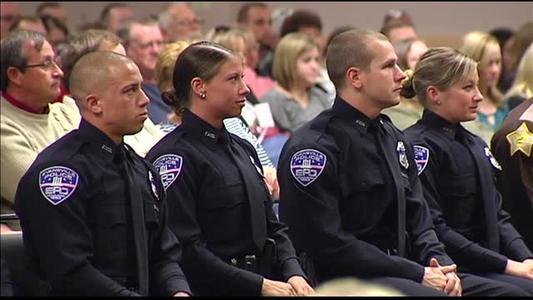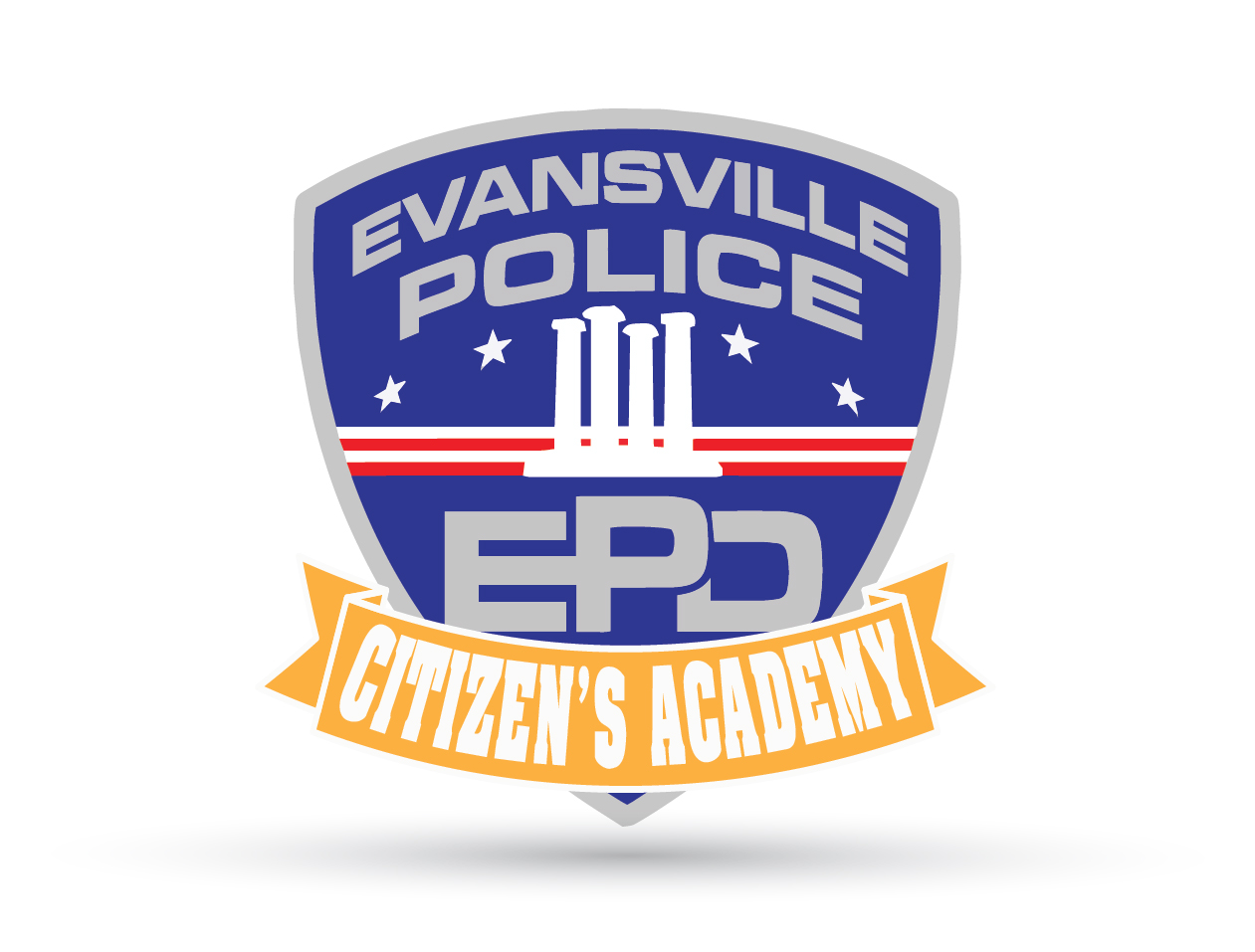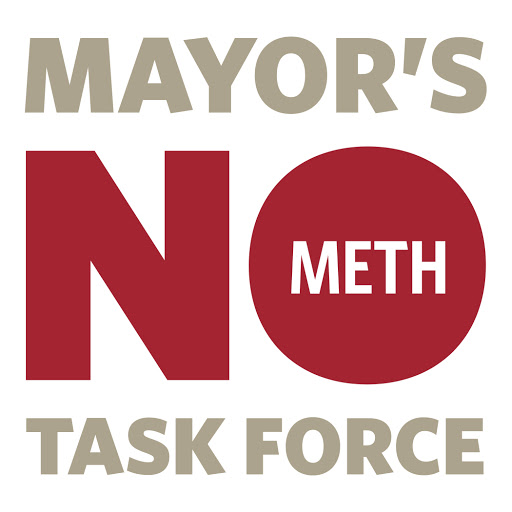- 15 NW Martin Luther King Jr. BLVD Evansville, IN 47708
- info@evansvillepolice.com
Field Training

FIELD TRAINING PROGRAM
The Field Training Program is a complex management system with the goal of improving the department’s overall effectiveness and efficiency. The program enhances the overall applicant/probationary screening process with daily on-the-job observation.
The Evansville Police Department’s Field Training Program has been designed to improve the overall quality of police officers for the City of Evansville. The purpose of this program is to provide evaluation of and training to new officers. The Field Training Program is one phase of the department’s overall applicant/probationary screening process. It provides a measure of the performance level of new officers and documentation for the decision regarding their retention on the department. As part of the departments’ training process, the FT Program is designed to place maximum emphasis on post academy and on‑the‑job training. It also provides a standardized program to guide the department’s Field Training Officers (FTO’s) in the initial orientation and field training of newly assigned student patrol officers. The program is devised to assist student officers in making the transition from what they learned in the academy to performing general law enforcement patrol duties competently in the field.
In developing the Field Training Program, the department considered its management responsibilities, weighing the legal issues raised by the courts. Court decisions regarding the negligent appointment/retention of employees and vicarious liability of the department mandates that management makes every effort to hire and retain only qualified employees. To this end, the Evansville Police Department has developed a valid job‑related Field Training Program (FT Program).
DESCRIPTION/OVERVIEW
The EVANSVILLE POLICE DEPARTMENT’S Field Training Program is intended to ease a police officer’s transition from the academic setting to the performance of general law enforcement patrol duties of the department. Although an officer graduating from the Regular Basic Course (ILEA Academy and Officer Training School) has received a thorough introduction to basic law enforcement subjects, that officer cannot be expected to immediately function as an experienced officer. Newly assigned officers must receive additional training in the field, where they can learn from officers who have already gained a great deal of practical patrol experience. The Field Training Program introduces a newly assigned officer to the personnel, procedures, policies, and purposes of the department as well as providing the initial formal and informal training specific to the day-to-day duties of its officers.
In order to make the new officers’ field training as effective as possible, they are assigned to a Field Training Officer (FTO). The FTO is an experienced officer especially selected and trained to conduct this type of training. It is the responsibility of the FTO to review the field training guide materials with the newly assigned officer (henceforth referred to as the student) and to demonstrate proper patrol procedures. Students will be required to perform various law enforcement duties under the guidance and supervision of their assigned FTO and Field Training Coordinator/Manager (FTC/M).
The student’s performance will be evaluated daily by the FTO and monitored by the FTC/M through Manager Reports (MR) reviews. This one-on-one style of training, and the fact that the instructor/trainers must guide the training in real law enforcement situations, sets it apart from any prior academic endeavor.
Field training has a significant impact on the individual student in terms of imprinting attitudes, style, values, and ethics in carrying out the duties of police work that will remain throughout a career. Consequentially, it is probably the most effective influence on the future direction of a department. The law enforcement department head and his or her field-training managers must, therefore, be certain that the field-training program, which introduces officers to the department, not only develops the necessary technical skills but also reflects the policing philosophy of the department and the community that it serves.
The field training staff has the monumental responsibility of building the future of the department through the people they train. To assure success in this task, the field-training program must have a training philosophy that ensures that every student is given the maximum opportunity to show that he or she can do the job. In order to accomplish this, the program must create a positive environment in which learning is maximized and in which students are able to perform to the best of their ability. The approach must be fair, firm, friendly, and, above all, professional. The example set must be beyond reproach. Evaluation must be sincere and given in a straightforward manner emphasizing the positive as well as the negative aspects of performance. At no time should students be demeaned or ridiculed. Even the least capable student must be treated with respect and compassion. No student should ever be treated in a way that deprives that student of his or her dignity. Every effort must be made to ensure that the stress felt by the student is caused by the job and not from the words or actions of the field trainers.




